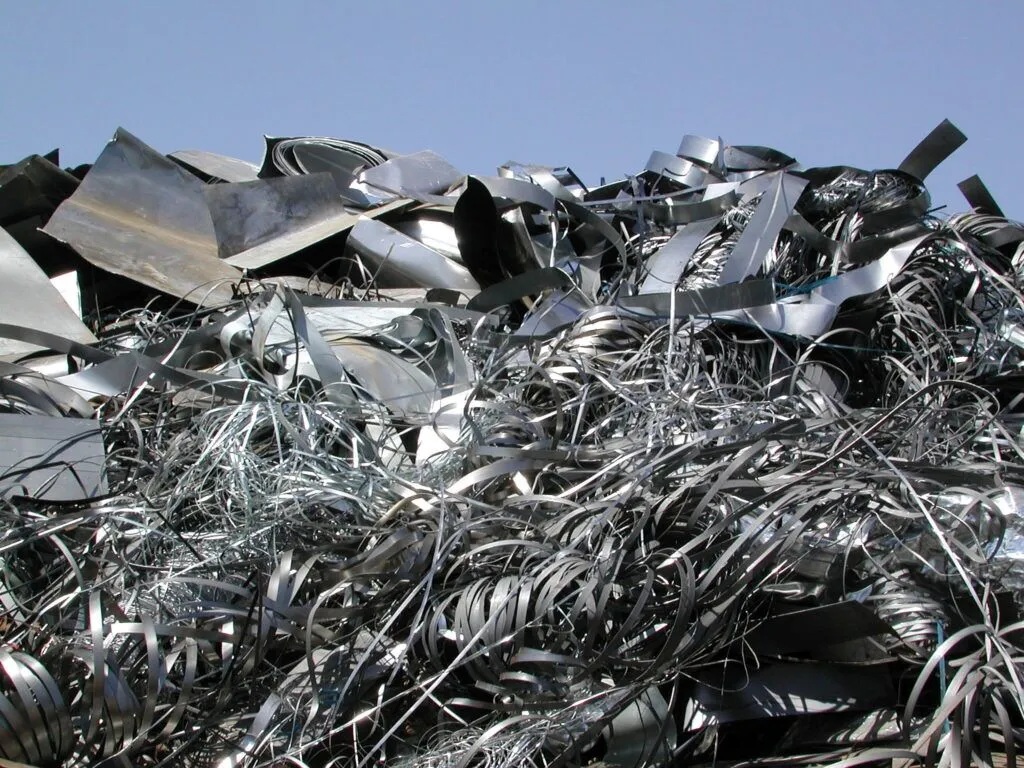
When you’re working on your website, it’s easy to get distracted by the technical details. But there are some more fundamental concerns that can have a big impact on your SEO Adelaide — like canonical URLs and rel=canonical tags.
I’ll explain what they are and how they work (hint: they’re both pretty cool).
How to set canonical URLs?
A canonical URL is the preferred version of a page on your website, and it’s usually the one you want to link to in your blog posts. This can be achieved by adding a rel=canonical link to your page.
A canonical URL is a link that points directly to another version of the same content (or set of pages). It’s important to point out that this isn’t necessarily related to seo Adelaide —it doesn’t matter if someone goes from Google Search results directly onto your site through one or two clicks: as long as people find their way there, it doesn’t affect rankings.
But once they’ve arrived at this new landing page (and hopefully stayed around long enough), Google will begin ranking those pages higher than their non-canonical counterparts.

Advanced uses of rel=canonical
rel=canonical can be used to point to a different URL for the same content or even the same page.
For example, if you have two different pages on your site that are both about cats and each has its own URL (cats-page1 and cat-page2), then you could use rel=canonical to point one of those URLs at cats-page3:
This would make it seem as if there were no difference between any of those three pages’ contents at all—the browser would just load whichever canonical version was chosen by the server (in this case, the third one).
This means that if someone came across both versions together online while researching their next pet adoption decision, they wouldn’t know which one was real or fake until they clicked on it themselves.
The SEO Adelaide benefit of rel=canonical
The following sections will discuss the benefits of rel=canonical and how it can be used to improve your website’s ranking in search engines.
The first benefit is that rel=canonical tells search engines which URL should be indexed, so they don’t have to go through all of your site’s pages looking for one. This saves time and resources, which means more visibility for you as an author or publisher!
The second benefit is that rel=canonical tells search engines which URLs are the most important ones on your site—so if one of those links goes down (or changes), there will still be enough information available in other places on your site where users can find what they need without having any issues whatsoever.
That way, no one loses anything valuable by using this technique; instead, everyone wins because more people get access sooner rather than later and those who do lose out only have themselves at fault for not knowing how important their own content really was before making any changes.





